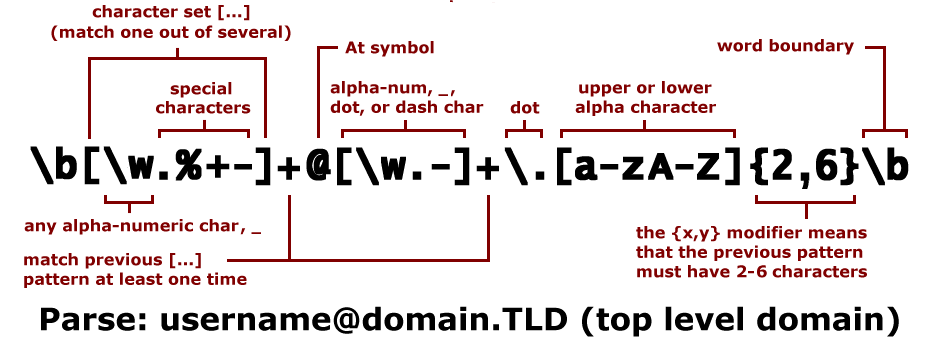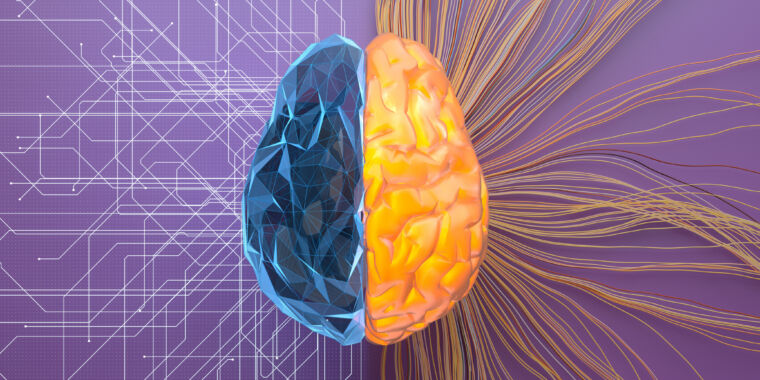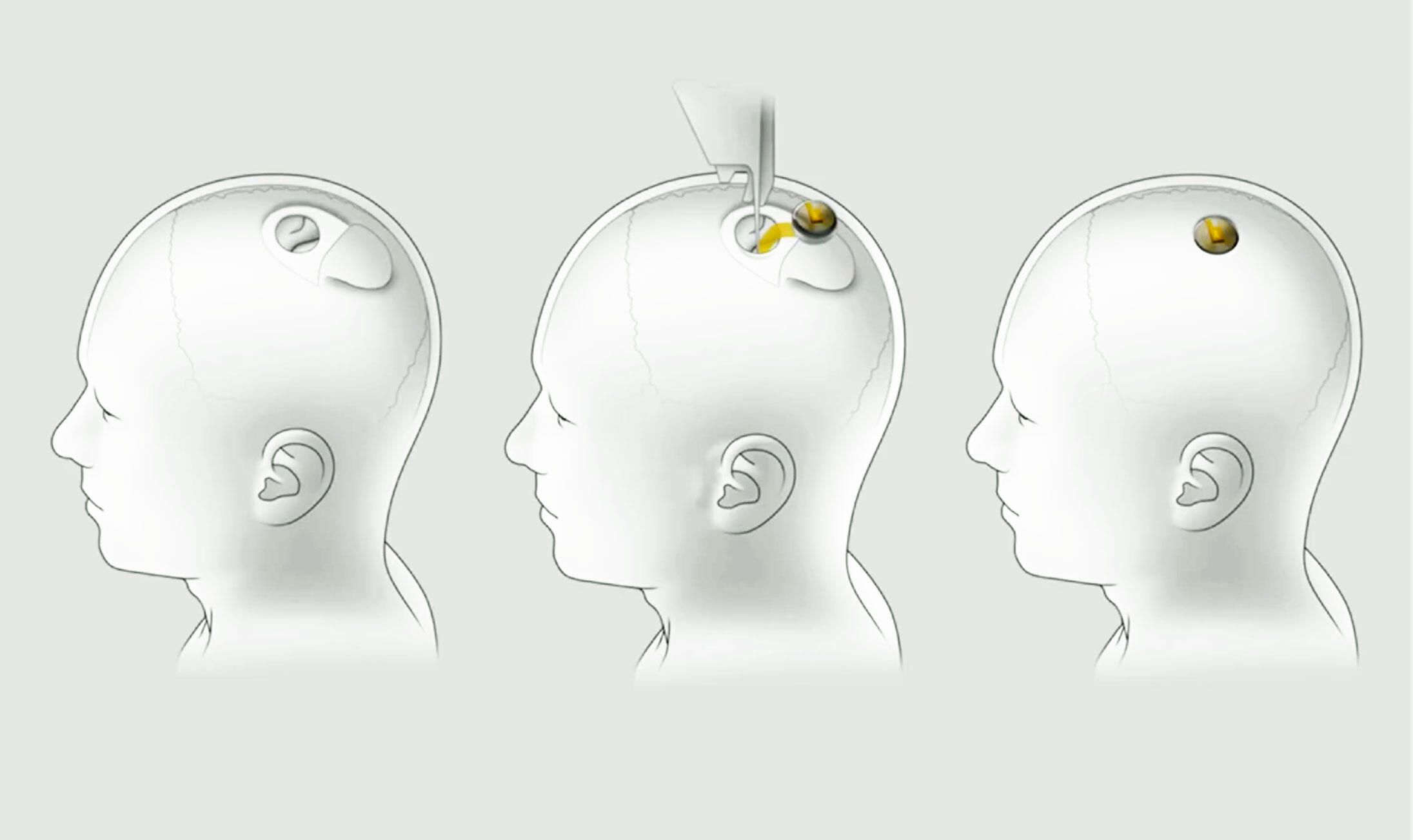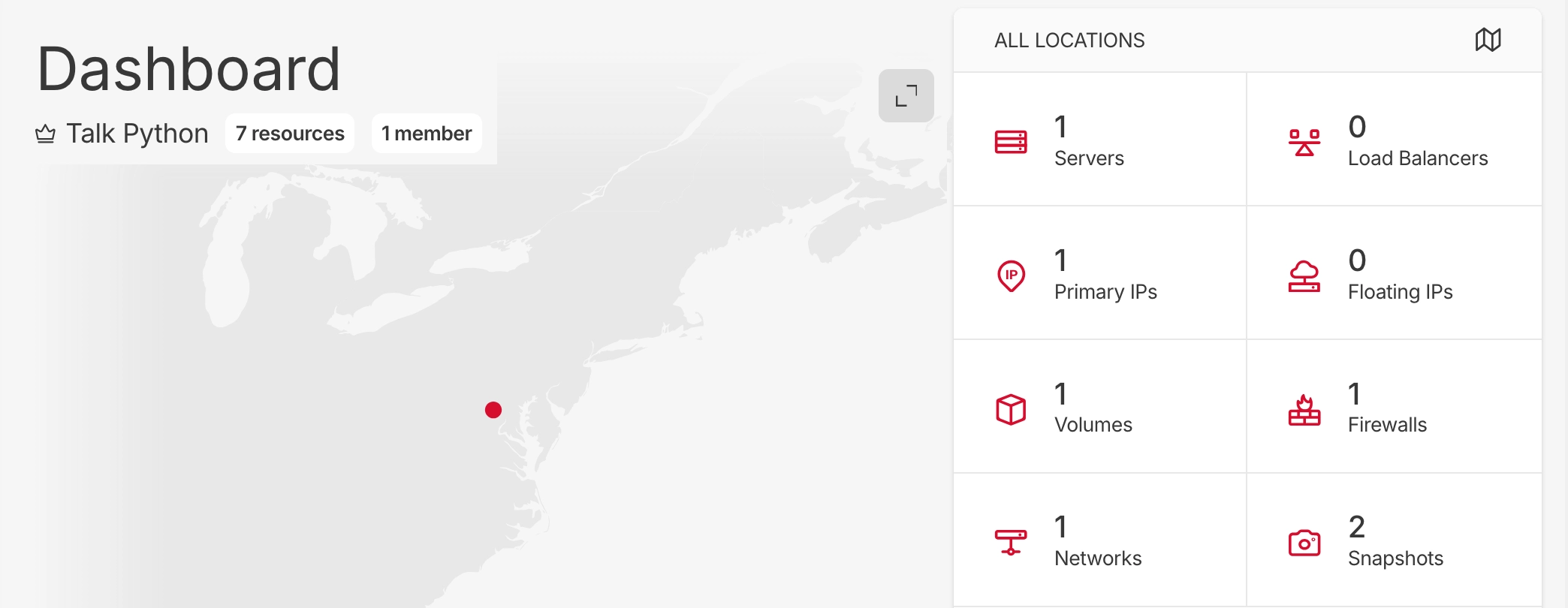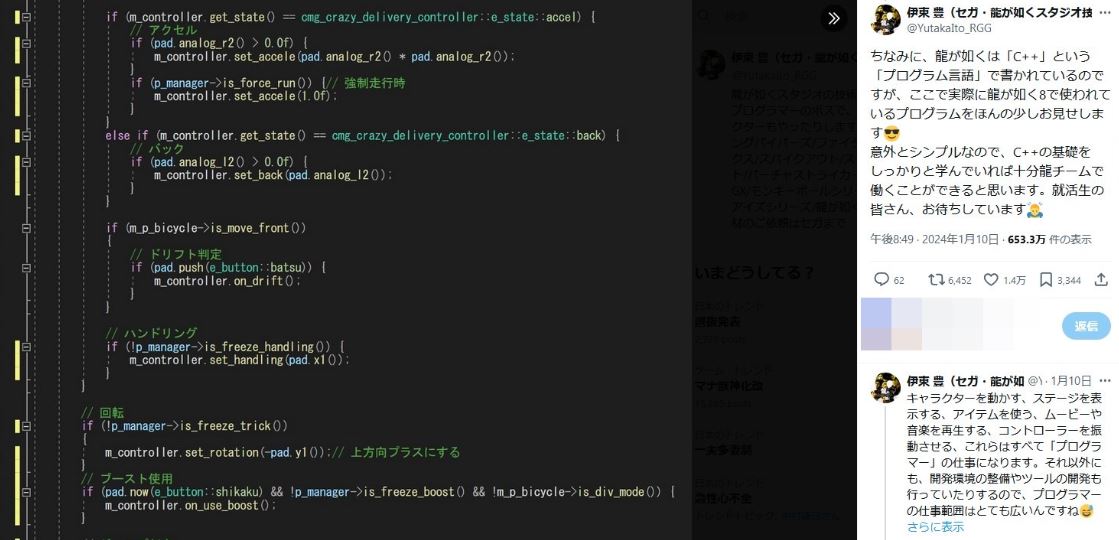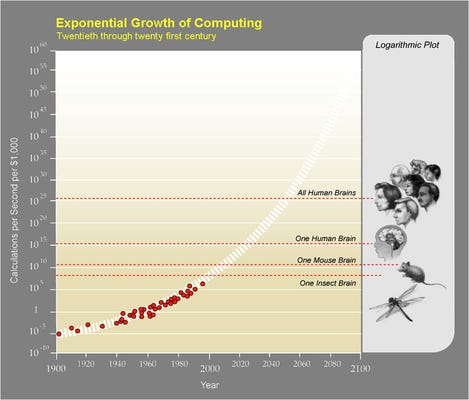
Information Theory: Obstacles To True Artificial Intelligence
With the Singularity Summit coming to San Francisco tomorrow, a lot of people are wondering about how close we are to successfully implementing Artificial Intelligence.
Probably you’ve seen a graph like the above before. Computers are getting faster. Does this mean we’re getting closer to true Artificial Intelligence? Not necessarily.
As I’ll show in the following paragraphs, both Artificial Intelligence and the less ambitious Machine Learning (ML) aren’t computationally but data bounded. This has profound implications for viable avenues for research and development.
Generally speaking, the goal of AI and ML research is to acquire a digitally executable copy of a model behavior. The specific model behavior desired can range from classifying (“are there humans in the picture?”, “ixs this news article about economics?”) to predicting values (“how much does a house in this neighborhood sell for?”), to making conversation like a human would (“a chatbot”).
Any such observable behavior can be mathematically described as a mapping from a set of finite input sequences to corresponding outputs, or in other words: a function. And any such function can be translated into a corresponding computer program.

